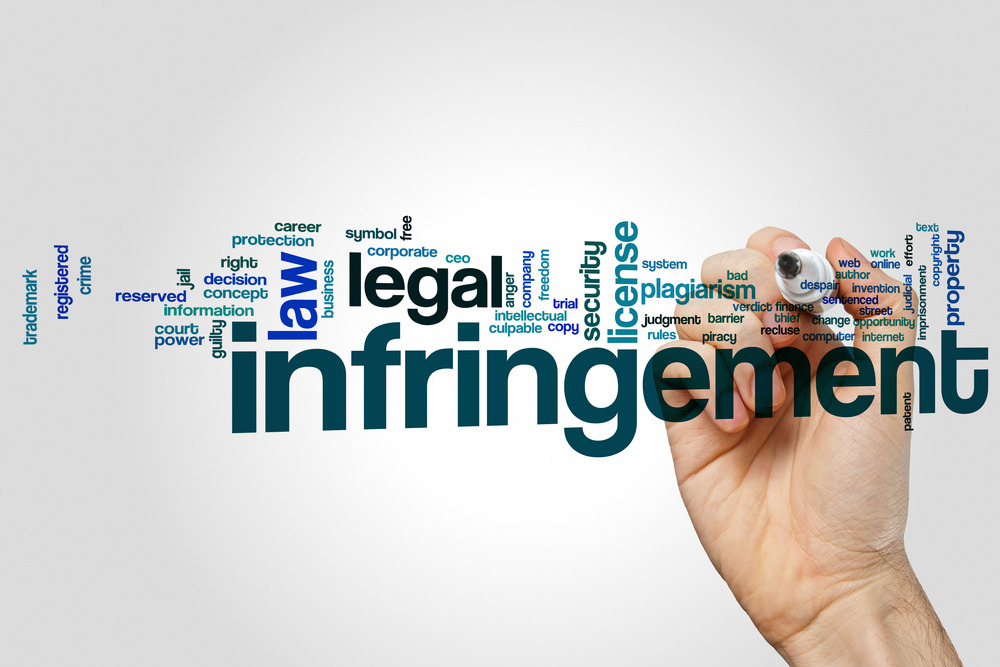Introduction
In a landmark ruling, the Supreme Court of India has issued a judgement clarifying the principles relevant to interim relief in trademark infringement and passing off actions. In the pungent commercial dispute of Pernod Ricard India Pvt Ltd & Anr v. Karanveer Singh Chhabra (Civil Appeal No. 10638 of 2025), the Court said more than just addressing the facts of the case, providing a framework for courts in relation to similar kind of disputes, it also reaffirmed the stringent standards and balancing of interests which should attach at the interlocutory level when trademark matters are concerned.
Background
The dispute arose when Pernod Ricard India Pvt Ltd, proprietor of the well-known whisky brands ‘Blenders Pride’, ‘Imperial Blue’, and ‘Seagram’s’, alleged trademark infringement and passing off by the respondent, who marketed whisky under the brand “London Pride”. Pernod Ricard claimed that the use of “London Pride” and its associated get-up was deceptively similar to their registered trademarks and therefore sought an interim injunction restraining the respondent from such usage.
Both the Commercial Court and the Madhya Pradesh High Court, however, denied the temporary injunction requests. Upset, the applicants turned to the Supreme Court for interim relief waiting for a trial, raising important questions related to the benchmarks for whether to grant interim relief in trademark cases thereby deciding the matter and giving us the following important take aways:
Key Points
Composite Mark Comparison and Anti-Dissection Principle: The judgement confirmed that in assessing similarity, composite marks should be assessed as a whole and not as a composite of parts. The court confirmed the anti-dissection rule and underscored that the aggregate commercial impression on the relevant consumer is most important and any individual similarities with each trademark especially among generic and laudatory terms (like “Pride”) on their own do not demonstrate any deceptive similarity.
Dominant Feature Analysis: The Court recognised that certain components in a composite mark can achieve perceptual prominence – the dominant feature, this may be the case. The judgement also noted that while in some cases one feature will be dominant, the ultimate test in looking at competing marks remains the totality of the impression, not where any one component is dominant.
No Monopoly of Common Terms: The judgment had a strong emphasis on the fact that composite trademark owners, as a general rule, will not be permitted to exclusive rights over generic, descriptive and/or commonly used terms unless it can demonstrate secondary meaning or public association specific to their product.
Average Consumer Test and Faulty Memory: The courts were told to look at things from the perspective of the “average consumer with faulty memory” and factor in the visual and phonetic similarities and the nature of the goods, the consumer’s path to purchase and the characteristics of the consumer themselves.
Principles for Granting Interim Relief: The Supreme Court considered the principles to guide trial judges to determine whether to issue an interim injunction require the plaintiff to demonstrate there is a serious triable issue; there is an act of confusion; there is a balance of convenience; there is a risk of irreparable harm; and public interest if raised. Courts should show restraint to not turn an interlocutory proceedings into a mini trial.
Recent Developments
In the latest ruling, the Supreme Court upheld the concurrent findings of the lower courts, observing that there was no prima facie likelihood of confusion between “Blenders Pride” and “London Pride”. The court also remarked that the common term “Pride” could not be monopolized absent distinctive public association. Furthermore, the bench recognised that in the premium whisky sector, purchasers are likely to exercise a heightened degree of care and in forming a buying decision, further lowering any risk of confusion.
Most importantly, the Supreme Court noted that appellate courts should exercise caution when intervening with interim orders, only doing so if the interim order is arbitrary, perverse or a legally wrong exercise of discretion by the trial court.
Conclusion
The Supreme Court’s decision provides long-awaited clarity on the complex legal and factual matters which are relevant to interim relief in a trademark dispute. By reiterating the holistic approach of comparing marks, the avoidance of dissecting the marks and the test for likelihood of confusion from the mind of the consumer, the court provides a clear framework for future disputes. Very importantly this decision will guide trial and appellate courts alike to carefully balance the urgency of IP disputes with cautionary care if granting equitable relief-included any interim relief is fit and based on a fact sensitive approach and the statutory requirements.
“PRIME LEGAL is a full-service law firm that has won a National Award and has more than 20 years of experience in an array of sectors and practice areas. Prime legal falls into the category of best law firm, best lawyer, best family lawyer, best divorce lawyer, best divorce law firm, best criminal lawyer, best criminal law firm, best consumer lawyer, best civil lawyer.”
WRITTEN BY __ Kondala Phani Priya


